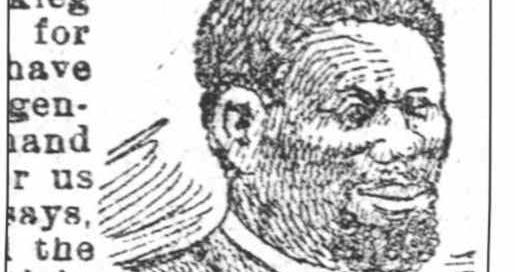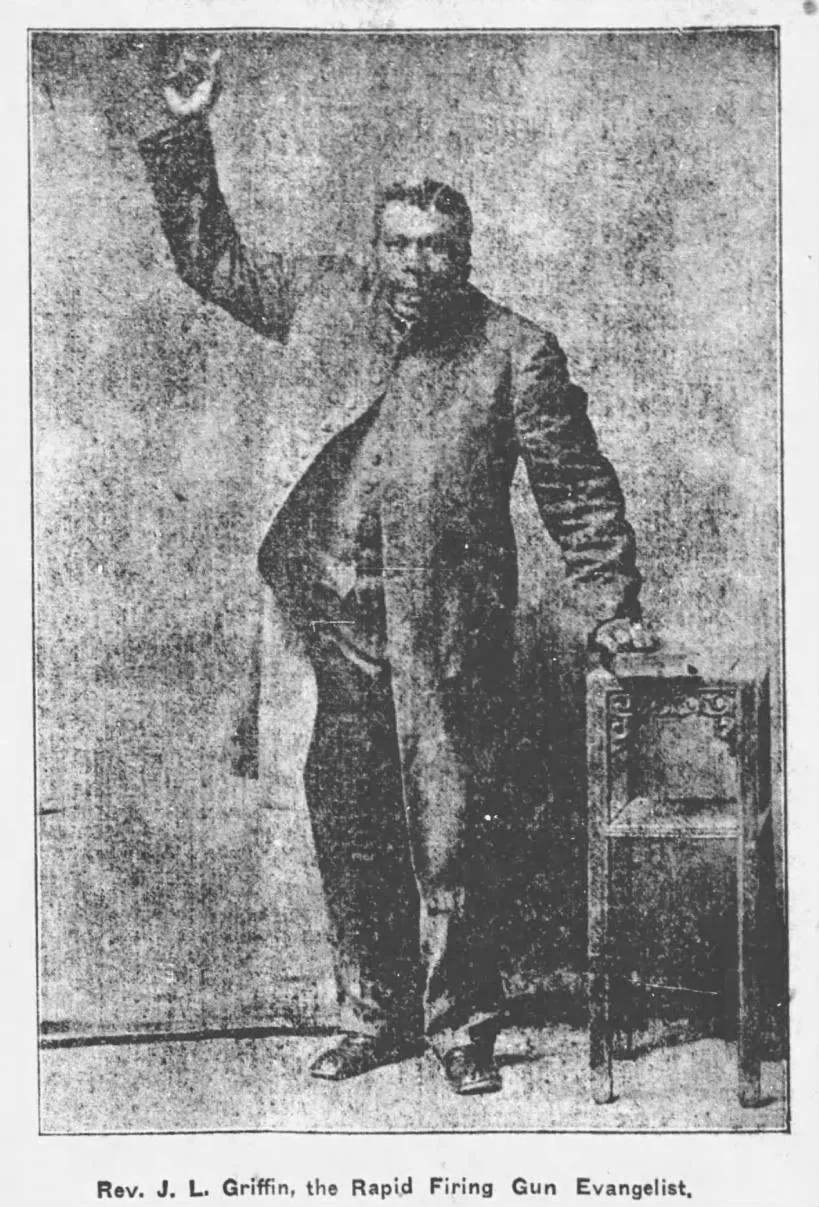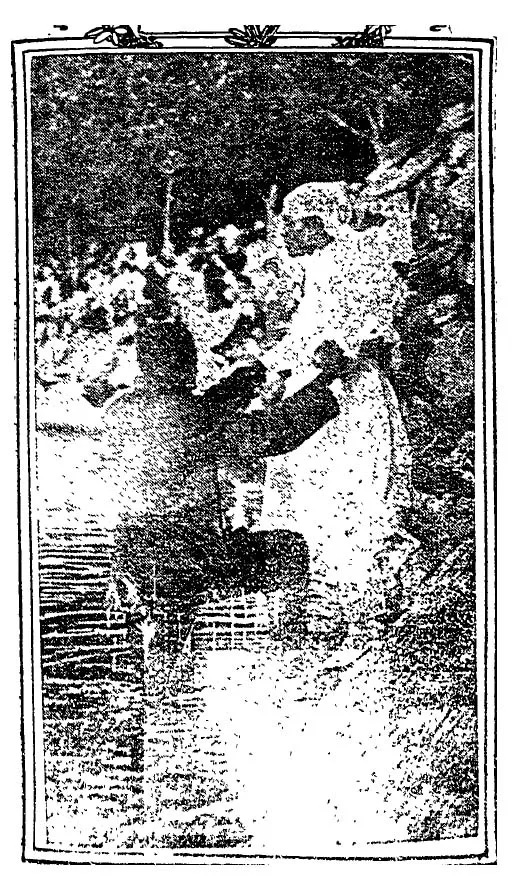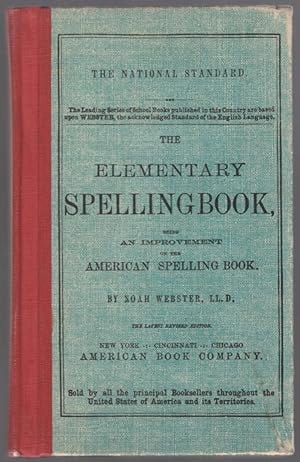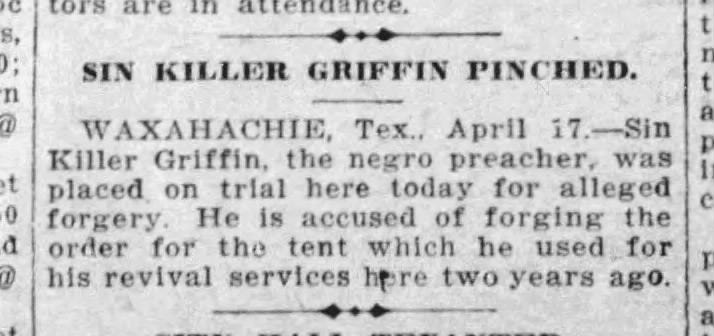"Quit Your Meanness and Attend to Your Own Business"
A Compendium Biography: J.L. "Sin Killer" Griffin
“And it shall come to pass in the last days, saith God, I will pour out my Spirit upon all flesh: and your sons and daughters shall prophesy, and your young men shall see visions, and your old men will dream dreams…”
-The Apostle Peter quoting the prophet Joel.1
In May of 1907 white mobs attacked Japanese restaurants and bathhouses in San Francisco. In early September of the same year, 150 white men attacked a South Asian community in Bellingham, Washington.2 But hidden beneath this racial hatred, we find evidence of a more ancient story on the West Coast continuing undeterred. On September 23, 1907 the Los Angeles Times reports that J.L. “Sin Killer” Griffin led a multiethnic gathering of 2,000 Angelenos at Echo Park Lake.
“Some of you colored men have criticized me because I am friendly with white people,” Griffin said, according to The Times. “I tell you the Lord loves us all, white or black. We are on the watch for sanctification and separation.”
One skeptic yelled, “What is separation, Mr. Preacher?”
“I’ll tell you what separation means for you, my friend,” Griffin replied. “It means separation from your devilment, that’s what.”
Some young hecklers had rented row boats in Echo Park Lake and paddled so close to Griffin that he warned them, “You boys had better get away or I might give you a different kind of baptism.”
By the end of that day, J.L. Griffin baptized five people in the traditional way; three black, one white and one Latino.
Griffin’s revival took place a full 40 years before Billy Graham’s famous Los Angeles Crusade. And his meeting in Los Angeles wasn’t his first. More than twenty years earlier, in November of 1884, Griffin earned the nickname “Sin Killer” after leading a three-week revival just south of Dallas, Texas, with both blacks and whites attending.3 On May 20, 1887, he led another revival, described in the following way by the Austin-American Statesman newspaper:
“The preacher wiped his forehead, straightened up his shoulders, and launched a bolt at the entire sinning contingent of the negro race, including gamblers, thieves, and liars, in one magnificent burst of oratory. Then he became more explicit and, hurling a few more at the different varieties of sin, began upon the horrors of death.”
“…one old negro woman arose and proclaimed her ineffable happiness by shouting loud and long. She was allowed full sway and before long her shrill voice sunk to sighs and moans, through which she continued to shout forth that she was saved from the horrors depicted by the speaker.”
“No one who witnessed the scene or who heard above all the din and clamor the steady sing-song voice of the preacher, can wonder at his fame or power.”4
Then, in 1898, Griffin moved from his home base in Dallas to Chicago. While there, as he later claimed, he traveled over 25,000 miles in the upper Mississippi Valley, preaching sermons with titles like, “The Prodigal Girl in the State of Illinois,” “The Preacher’s Son Among Gamblers” and “Quit Your Meanness and Attend to Your Own Business.” Five thousand converts came into the church through his ministry and by the time he arrived in Los Angeles, he brought letters of recommendation from mayors of 40 U.S. cities as well as some state governors.
He had come a long way. John L. Griffin was born in the days of slavery in Caddo Parish, Louisiana. He taught himself to read with “the old greenback Webster’s speller.” With his new ability, he read the Bible voraciously, learning how to live his life, not according to the fears and divisions of his day, but with the faith and reconciliation he read about in the Scriptures. One day he made a momentous decision. As he told the Los Angeles Times:
“Den I read de Testament lots o’ times, from cover to cover an’ some o’ de colored folks dey heah me talk about it. Dem days de big preachers come into de country to preach sometimes and get a good collection. Finally some o’ de folks ask why I don’t preach, an’ I did; I begin at 9 years old.” 5
Like a character out of the Old Testament, Griffin stepped out of the shadows of history becoming a larger-than-life figure. Like so many of those heroes in the Bible, he raised questions, and eyebrows, by not conforming to established expectations. Griffin became the pastor of Antioch Baptist Church in Dallas in 1886. Three years later he was expelled because of “irregularities from the pulpit.” That seems to be code language for a style of worship that was too exuberant.
But nothing stopped Sin-Killer. He combined his evangelism with social work, starting “The Rescue Association of the United States of America and Africa” to provide rescue services for destitute blacks. As he put it, “We have been free for forty years, and have failed to care for the poor and needy and the blind among the colored people.” Griffin took a rather unusual path to pay for his work, however. He was funded, in part, through a partnership with the Breweries Association an income source that was suspect, at least for an evangelist. They hired him to ensure that eligible Black voters paid their poll taxes and voted against prohibition. At least once the Association had to pay his bail when he was jailed for registering Black Texans.
Griffin’s marital status also raised questions. We find proof of his marriage from a divorce action filed in Tarrant County, Texas in 1896. His first wife stated that they were married in Shreveport, Louisiana in 1877, which would have made him fourteen years old at the time. She also said that he abandoned her in Dallas in 1892. We know that he married a second time, when he was 71 years old, to Frances Mullenix on June 23, 1934.
We don’t know when this larger-than-life preacher passed away. But he persevered in ministry into at least his mid-70s. In April 1934 Rev. Griffin appears again in a wonderful description found in the American Folk Life Center in the Library of Congress when he was employed by the state of Texas as the Chaplain to Negro Convicts:
“His grizzly grey hair and mutton chop whiskers, his Prince Albert coat which almost touched his shoe tops, his dignified and courtly bearing, his deep and sonorous voice were most impressive.”
It was Easter Sunday and Griffin was preparing to preach a sermon entitled “Man of Calvary.” Three hundred inmates in a Darrington, Texas prison had gathered to listen. Sin Killer sang and preached for a full hour using Biblical language and poetic flourish to share the story of Jesus’ death on the cross. We’re blessed to have a recording of a few minutes of this sermon, preserved for us almost a century after it took place.
Roman soldiers come ridin’ at full speed on their horses and splunged Him in the side.
We seen blood and water came out.
Oh’h, God-amighty placed it in the minds of the people,
Why, the water is for baptism. And the blood is for cleansin’.
I don’t care how mean you’ve been,
God-amighty’s blood will cleanse you from all sin,
I seen, my dear friends,
As the time moved on. . . great God looked down they began to look at the Temple,
and Jesus said to tear down the Temple and in three days I’ll ride up again.
They lost sight.
They didn’t know what he was talking about.
Jesus was talking about his templed body.
I mean while he was hanging,
The mountain began to tremble on which Jesus was hanging on,
The blood was dropping on the mountain,
Holy blood, dropping on,
My dear friends, corrupted the mountain.
It seems about that time while the blood was dropping down,
One drop after another,
I seen the sun that Jesus made in creation. The sun rose, my dear friend,
And it recognized Jesus hanging on the cross.
Just as soon as the sun recognized its Maker,
Why it clothed itself in sack clothing and went down.
Went down in mourning!
“Look at my Maker dying’ on the cross.”
And when the sun went down.
We seen the moon…6
The last words we hear of Sin-Killer came after he heard this recording of his sermon. He said, “…for a long time I’se been hearing that I’se a good preacher. Now I knows it.”7
Like David, a boy who went from watching his sheep to leading a nation, or Joseph, the young dreamer who became a powerful leader in Egypt, J.L. Griffin was born into slavery, taught himself to read, began preaching at 9, and became such an effective preacher that his words still hold their power almost a century later.
If we only have the eyes to see it, we will find that the ancient story that animated J.L. Griffin’s life continues on its journey, unabated, even through the events of our day.
Texas State Historical Association; January 20, 2022.
-The Los Angeles Times, 1907.
The recorded sermon clip continues:
“ — that was his Maker, too,
Oo-0o, he made the moo-oon…My dear friends, yes, both time and season.
We seen, my dear friend,
When the moon recognized Jesus’ dying on the cross,
I seen the moon, yeah took with a judgment hemorrhage and bled away,
Good God looked down,
0, the dying thief on the cross saw the moon going down in blood,
I seen my dear friends about that time they looked at that and when the moon went down
it done bled away.
I seen the little stars, great God, that was there
They remembered Jesus when he struck on the anvil of time;
And the little stars began to show their beautiful ray of light,
the stars recognized their Maker dying, on the cross;
Each little star leaked out of its silver orbit something to make the human torches of a dark and
unbenointed world.
It got so dark until the men who was puttin’ Jesus to death,
They said they could feel the darkness with their fingers.
Great God-amighty! they was close to one another.
And it was so dark they could feel one another.
And hear one another talk, but they couldn’t see each other.
I heard one of the centurions say,
^‘Sholy^ sholy, this must be the son of God.”
’Bout that time we seen, my dear friends —
Isaiah said the dead in the graves would hear His voice and come forward —
We saw the dead getting up out of their graves on the east side of Jerusalem,
Getting out of the graves,
Walking about,
Going down in town,
Oh-h-h, way over on Nebo’s mountain!
I seen the great lawgiver
Get up out of his grave and begin to walk about, my dear friends.
Walk about, because Jesus said it was finished.
About that time, I shouldn’t wonder, my dear friends.
The church will sing when you get in trouble.
I heard the church so many times singing when you get in trouble.
The church would sing. How can I die while Jesus lives? *
* Here the pastor sings a hymn beginning with these seven words, and the men join in.
https://www.tshaonline.org/handbook/entries/griffin-j-l

